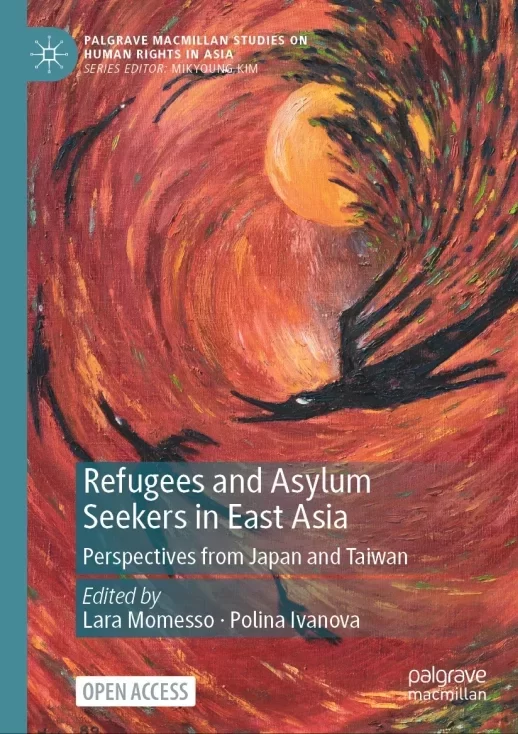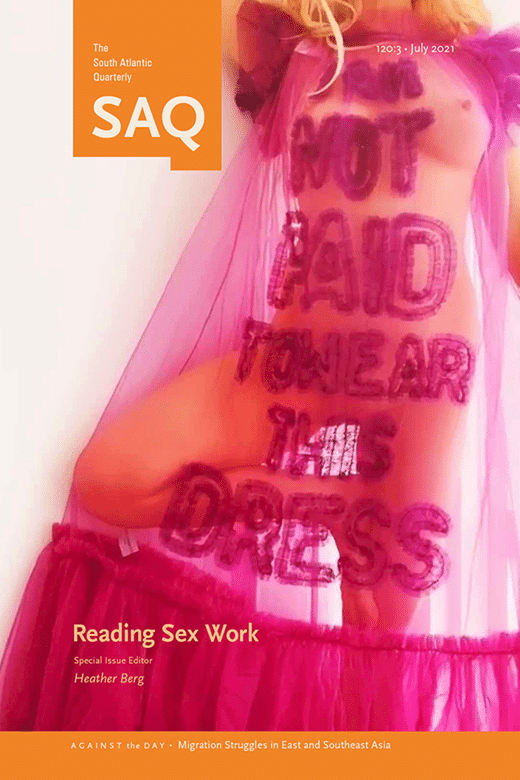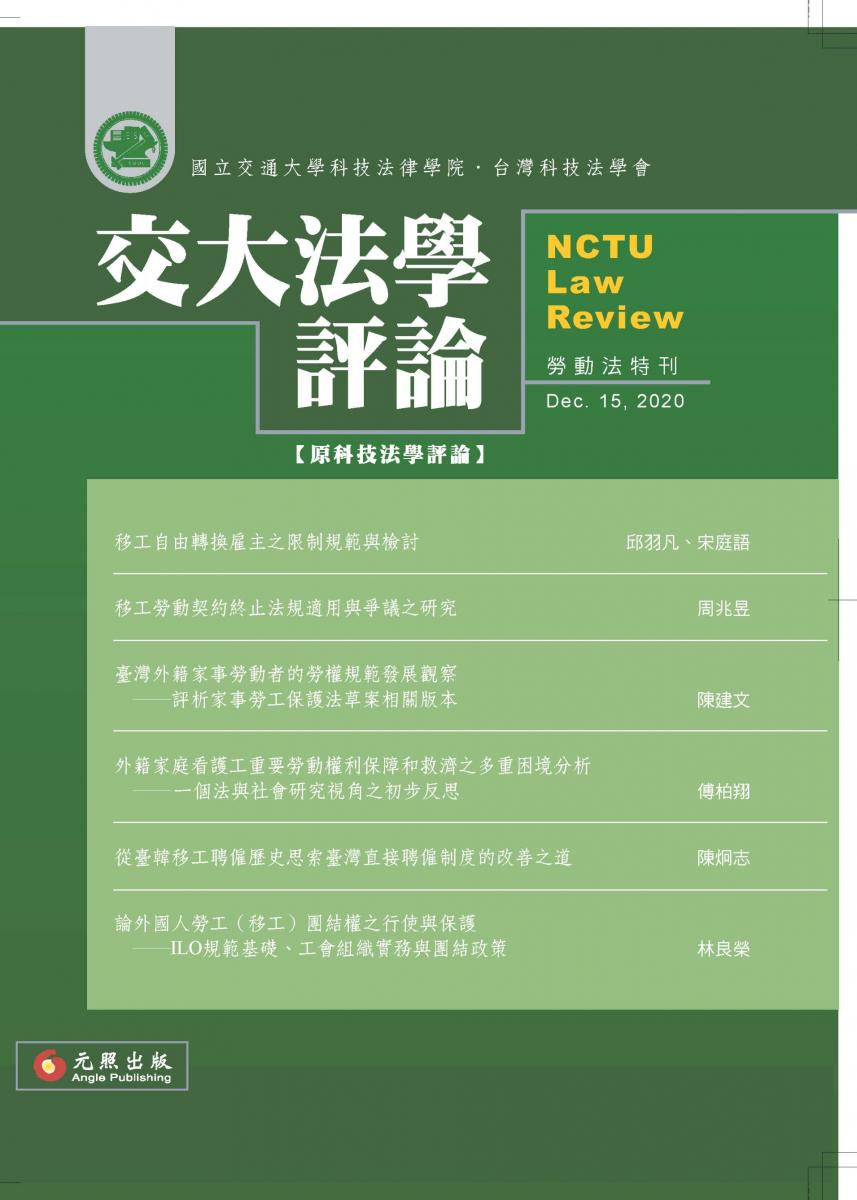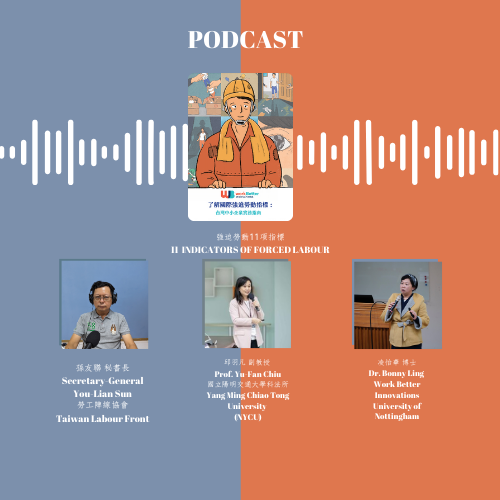Migration, Unequal Citizens, and Critical Legal Studies
This interdisciplinary research cluster belongs to the MOE SPROUT 2.0 “Conflict, Justice, Decolonization 2.0: Asia in Transition in the 21st Century“, operated by the International Center for Cultural Studies, National Yang Ming Chiao Tung University, Taiwan.
According to the United Nations Statistics Division (UNSD), the total number of international migrants had amounted to 272 million in mid-2019, up from 173 million in 2000. Compared to 70 million international migrants in 1960, the figure has increased by 200 million. Among the total number of international migrants, about 100 million international migrants were from Asia, and 83 million were migrating within Asia. Most countries in Asia still practice exclusionary politics of citizenship. The migrant workers and stateless persons suffer severe discrimination and even inhuman treatment because of their non-citizen status.
The first five-year ICCS project, “Unequal Citizens and Legal Reform in the Inter-Asian Context” (2018-2022), has discussed the theme of “Conflict, Justice, and Decolonization” to understand the crux of the problem from the scene of social conflict from the perspective of transnational migration and labor mobility. Our shared concerns include the different forms of social conflict and inequality in third-world countries within the global context. We paid particular attention to the issues of refugees, mobile laborers, stateless persons, and human trafficking under mass migration. We discussed the formation of severely excluded discrimination, oppression, and violence as expressed in laws and institutions in different societies. However, the international labor migration under globalization constantly faces exploitation, forced labor, and human trafficking, particularly in Asia-Pacific.
The second five-year project (2023-2027) will focus on analyzing the forced labor risks in the global supply chain and addressing effective practices for eliminating forced labor, including law enforcement strategy. Our project will continue to deepen the transnational cooperation with research institutions, research scholars, and non-governmental organizations to develop more significant contributions to labor rights and access to justice for migrant workers, stateless populations, and undocumented workers. We orient our project toward a critical legal study in terms of empirical cases and emancipatory articulation of particular fundamental concepts, including citizenship.
Research Agenda
- Precarious conditions of mobile laborer and refugees and critical legal issues
Migrant labor rights, fishers’ labor rights at sea, Women migrant workers, statelessness and refugee issues, forced labor, human trafficking, and transnational organized crime, human rights issues, grey zones in domestic and the international law
- Logistics and infrastructure
Zoning technology, labor supply chain, port cities, tax haven, offshore financial centers, Special Economic Zone (SEZ), Export Processing Zones (EPZs), Flag of Convenience (FOC)
- Migrants’ space-making capacity and artistic community
Migrants’ right to belong, the right to the city, Migrant’s music communities
- Re-envisioning of the concept and practice of “citizenship”
Concept of co-citizenship, democratizing the practice of citizenship, re-thinking the question of the civilizing process suggested by Étienne Balibar
Principal Investigator
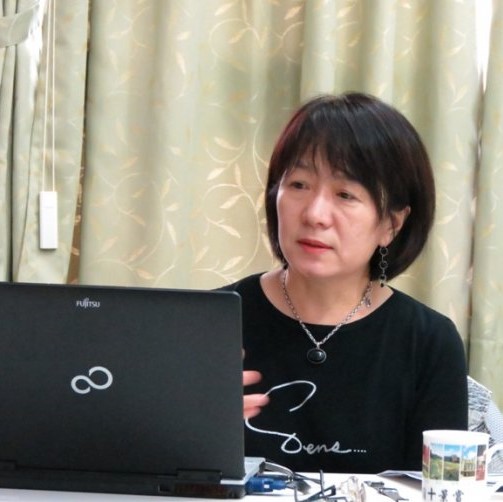
Dr. Joyce C.H. Liu
Professor Emerita, Director of the International Center for Cultural Studies, NYCU
Specializes in geopolitics, biopolitics, border politics, internal coloniality, unequal citizens, and epistemic/artistic decolonization.
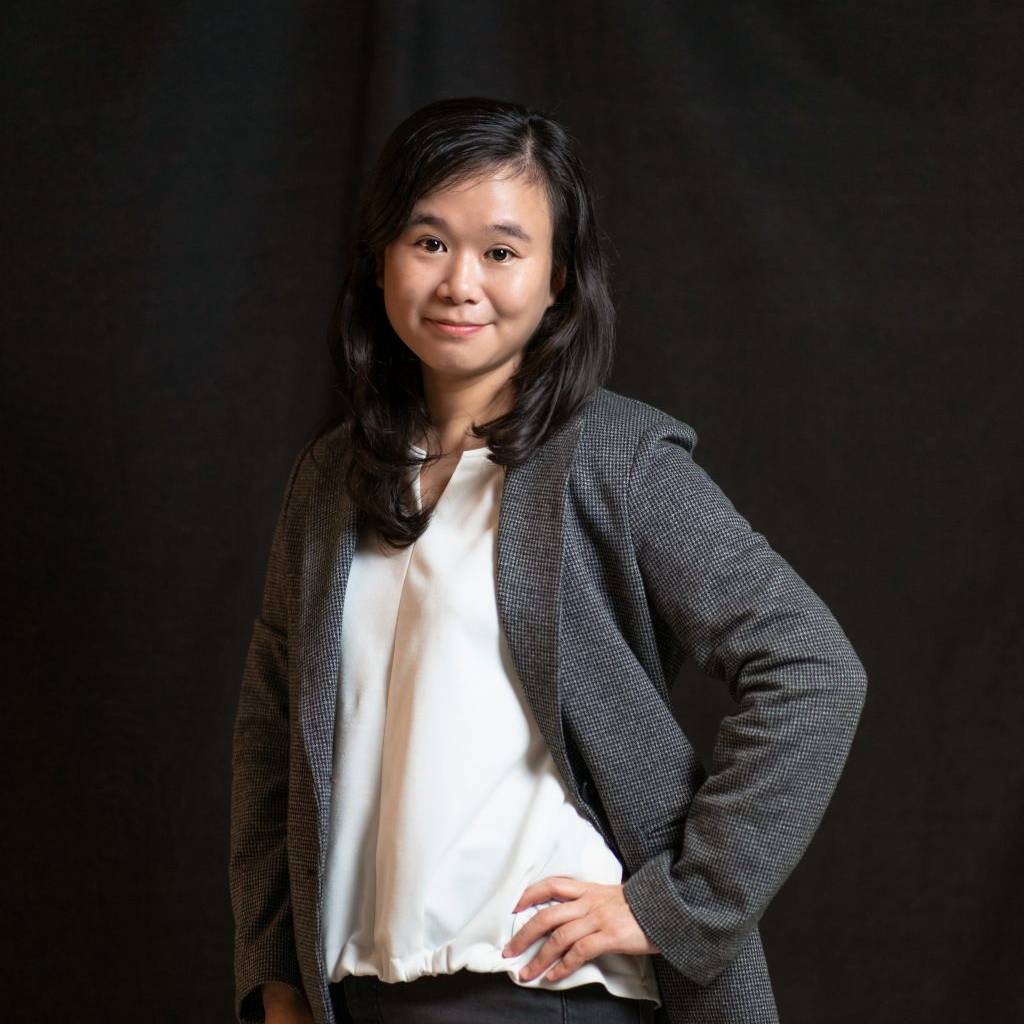
Dr. Yu-Fan Chiu
Associate Professor, School of Law, NYCU
Specializes on labor law, labor relations, and civil law. Her work combines legal analysis and comparative research in the theories of labor law, policy, and legal practice.

